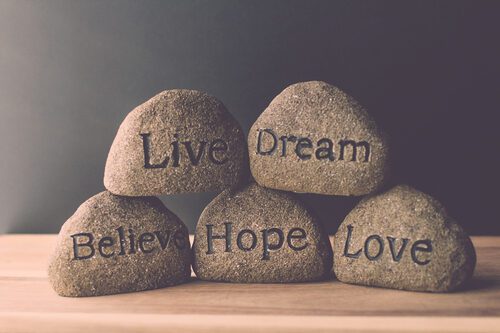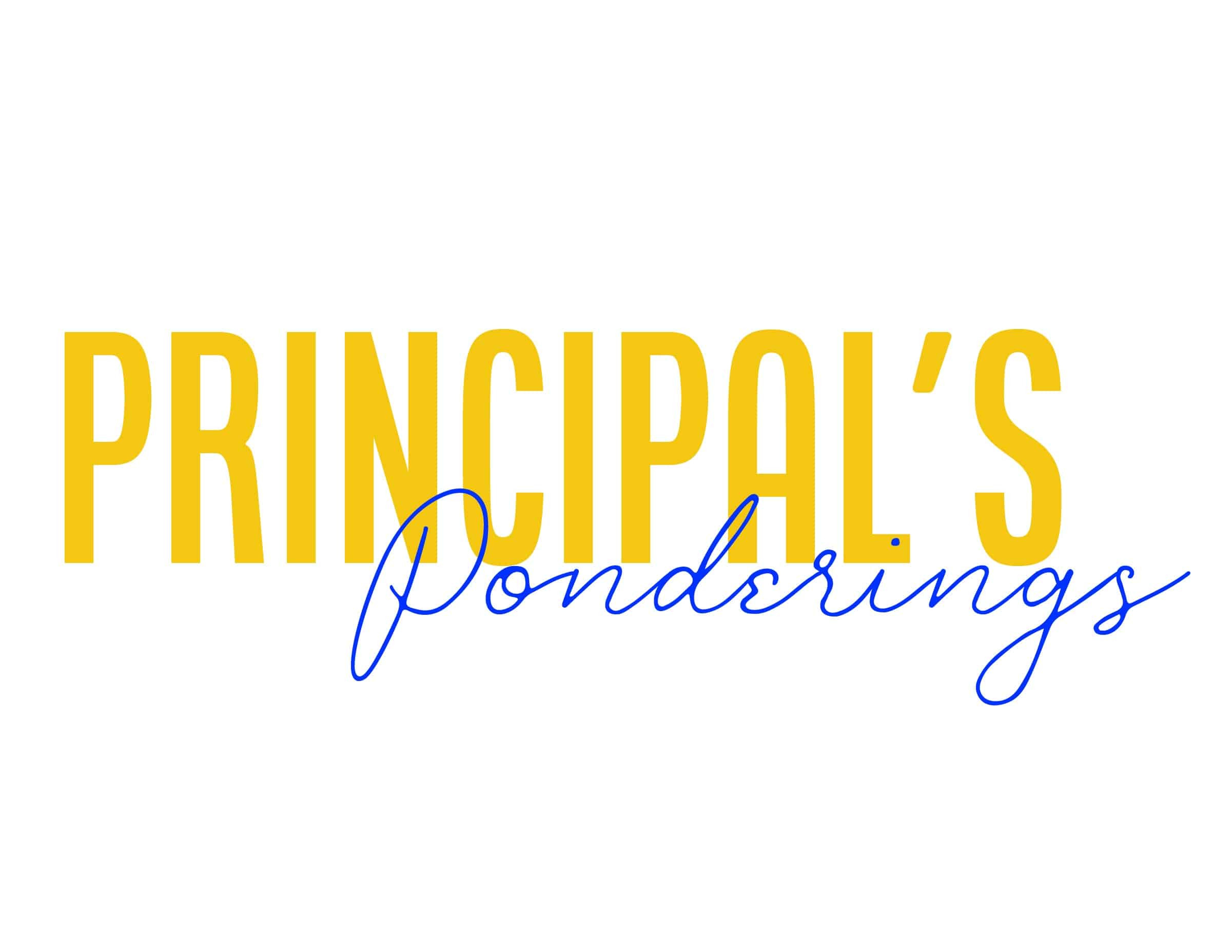During some recent conversations, I’ve shared my belief that increasingly people have stopped giving other people the benefit of the doubt. Instead, the default of many people is being suspicious of others, questioning their motives and intentions and also believing that others have a hidden agenda. It turns out that I’m not alone in feeling that as many of the people I spoke with agreed and most also agreed the pandemic has made it worse. The added uncertainty, insecurity, anxiety, and fears we have is making it harder to maintain trust in others which in turn is leading to increased disconnection and division which just makes the cycle continue.
One article I read recently stated that confirmation bias plays a significant role in the development of this cycle as increasingly people look for, notice, and spend time on things which support their beliefs and biases instead of those which might question or challenge them. This can also lead to things becoming a self-fulfilling prophecy. Another article I recently read described a study in the Journal of Happiness Studies which said that those who tend to not trust the intentions and motives of others tend to be less satisfied with their relationships and are also generally less happy than others. On the flip side people who regularly give others the benefit of the doubt, are more open-minded, more empathetic, don’t worry as much, focus more on what they can control (and avoid a victim mentality or learned helplessness), and are more willing to help others.
In 1 Corinthians 13, where love is beautifully defined and described, verse 7 says, “Love bears all things, believes all things, hopes all things, endures all things” (ESV). In the Tyndale New Testament Commentaries, it says that the phrase “believes all things” is “To see the best in others…” This does not mean that love is gullible, but that it does not think the worst (as is the way of the world). It retains its faith. “Love is not deceived…but it is always ready to give the benefit of the doubt.” How would our world be different if we all consistently tried to do this? How would our school community be different? How would our own lives be different?
Justin DeMoor



